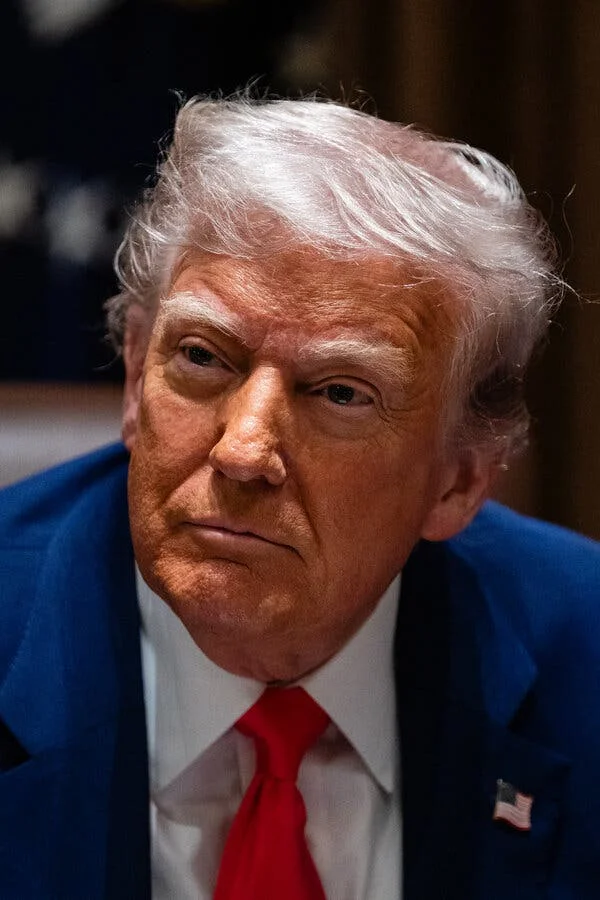
Is Big Law Bowing to Trump’s Legal Pressure?
As the ongoing legal battles involving former President Donald Trump continue to unfold, a pressing question arises: Are America's largest law firms capitulating to political pressure? Recent developments suggest a growing divide between those who negotiate with the former president and those who resist.
WilmerHale, a prominent firm based in Boston and Washington, is facing a pivotal moment as it prepares to challenge Trump's executive order in court. This order threatens to restrict access to federal buildings, revoke security clearances, and sever ties with clients who engage with the U.S. government. The stakes are enormous, with legal implications that could undermine the foundational principles of the American legal system.
WilmerHale's involvement in high-profile voting rights cases and its diverse hiring practices have sparked Trump's ire. According to him, the firm has betrayed the legal profession's core values, branding its pro bono efforts as detrimental to justice. The perceived retribution from Trump signals a troubling precedent for law firms that prioritize political alliances over ethical obligations.
Support for WilmerHale has surged, with over 800 law firms signing onto a brief supporting the firm’s legal challenges, yet the most prominent players in corporate law have largely remained silent. Alarmingly, only a handful of firms from the Am Law 200, the nation's largest law firm rankings, have showcased solidarity. Meanwhile, at least nine firms have already forged deals with Trump, pledging nearly $1 billion in legal services for projects aligned with his agenda.
This raises critical questions about the future of legal ethics and independence. A culture of profit-driven practices has led many firms to prioritize financial gains over professional integrity. As attorney Colin Van Dyke from Anderson & Kreiger noted, giving up independence poses a slippery slope for the legal community. If lawyers cannot defend principles of justice without retribution, the legal system’s foundation becomes precarious.
Brad Karp, the chair of Paul Weiss, echoed a sentiment shared among many big law firms that fear loss of lucrative business. His negotiations with Trump exemplify a rising trend where firms prioritize self-preservation over collective ethical standards. In a landscape where lawyers operate more like free agents, the risk of losing public trust increases as loyalty to partners and clients dwindles.
Amid these complexities, litigation lawyers seem to be responding more robustly to Trump’s threats than those engaged in transactional work. While litigators fight against governmental overreach, many transactional attorneys may be less inclined to take a stance, favoring relationships that could jeopardize essential business dealings. This divergence significantly impacts how firms navigate their identities in the face of political scrutiny and pressure.
Ultimately, the reluctance of law firms to unite against Trump’s attorney-targeted executive orders poses a dire concern for the integrity and future of the legal system. Are we witnessing the gradual erosion of professional ethics in favor of business interests? As more firms grapple with such questions, the direction of America’s legal landscape hangs in the balance, underscoring the importance of professional alignment with ethical advocacy rather than mere profit motives.

As the landscape evolves, readers are encouraged to reflect on the implications of a fragmented legal system and what it means for the advocacy of justice. How can law firms balance their business needs with moral imperatives? The time for dialogue is now—share your thoughts and insights in the comments below.